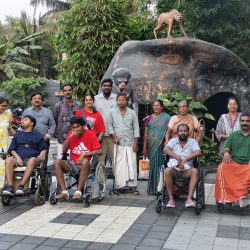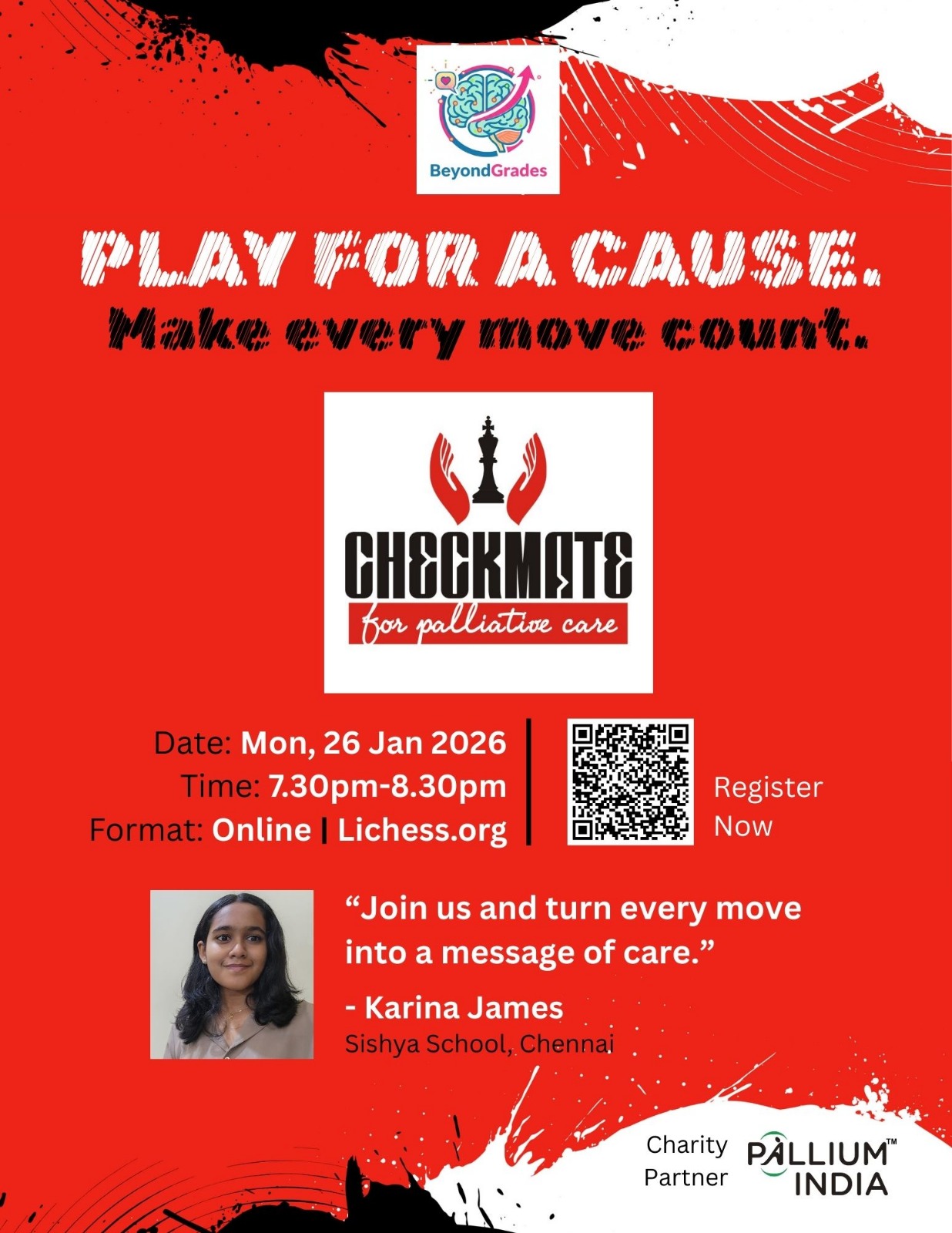Global War on Drugs Denies Morphine to Patients
We recently blogged about a documentary, “Freedom from Pain”, on the need for pain relief created by a group of students at the University of British Columbia School of Journalism. The documentary was broadcast by Al Jazeera, watch it here…
The work, and with it the pain problem in the World, is receiving more international attention. Most recently, in Canada’s Vancouver Sun, examples from India, Uganda and Ukraine are quoted and special mention of the positive movement in Kerala:
Global war on drugs denies morphine to patients: UBC study
A study by University of B.C. journalism students says the global war on illicit drugs is preventing patients suffering terminal illnesses in some countries from having sufficient access to morphine to control their pain.
The year-long study done by the UBC Graduate School of Journalism involved teams travelling to India, Ukraine and Uganda to see how those countries manage pain.
The results of The Pain Project can be found at www.internationalreporting.org/pain.
The report was released in advance of a United Nations conference in New York this week on the global challenges of treating cancer and other diseases.
Prof. Peter Klein, UBC’s acting graduate-school director, said that unlike many global health problems, pain treatment is not about money or lack of drugs, as morphine costs pennies per dose and is easy to manufacture.
He said bureaucratic hurdles and the chilling effect of the war on drugs were the main obstacles to morphine access in some countries.
“The story of global morphine shortages is one of those issues that both the media and the medical community has overlooked,” said Klein.
He said he became interested in pursuing the story after talking with a member of Doctors Without Borders who’d found a lack of morphine in a number of countries he’d visited.
“For instance in India, which is the largest supplier of medical morphine in the world, it’s virtually unavailable in most parts of the country except for one state [Kerala],” said Klein.
Klein said some countries, such as India, had over-reacted to UN regulations regarding access to opiates — an unintended result of the war on drugs.
Uganda was chosen an example of a third-world success story on how the issue could be overcome, while Ukraine was a case study in the problems caused by too much bureaucracy in cancer care.
The website offers videos from each country showing how patients there struggle with pain.
One shows a former Ukrainian KGB officer dying of prostate cancer who sleeps with a gun under his pillow “in case the pain becomes unbearable” while another shows an Indian doctor frustrated with drug laws who mixes readily available analgesics to ease the pain of his cancer patients.
A third shows a Ugandan nurse who led a movement to reform that country’s drug laws around morphine distribution and palliative care.





